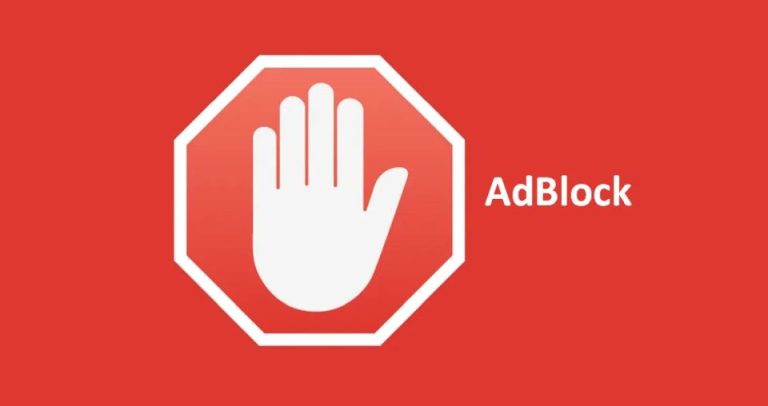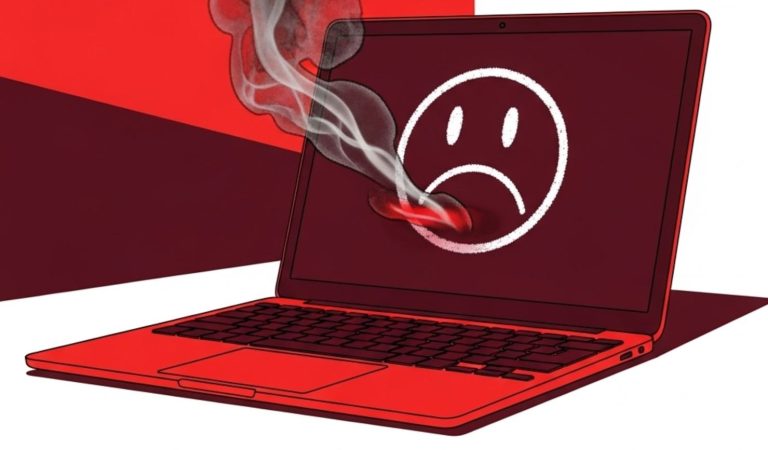
In the vast, interconnected world of social media, Facebook stands as a colossal hub for communication, commerce, and community building. Yet, for many, this digital lifeline can suddenly be severed by an unexpected ban. It’s a frustrating, often bewildering experience, leaving users scrambling to understand what went wrong and how to regain access to their online presence. This article dives deep into the potential reasons behind these digital disconnections and offers practical, human-centric advice on how to navigate the often-murky waters of restoration.
The immediate aftermath of a Facebook ban can feel like a digital ghosting. One moment you’re scrolling through your feed, liking posts, or managing your business page, and the next, you’re locked out, greeted by a stark message or an unresponsive login screen. This sudden interruption can range from a temporary lockout to a permanent account closure, each with its own set of implications. Understanding the „why” is the first critical step toward a resolution.
Common Culprits Behind Facebook Bans
Facebook’s community standards are designed to foster a safe and respectful environment for its billions of users. Violations of these standards are the primary drivers of account restrictions. While the platform’s algorithms are constantly evolving, certain patterns of behavior frequently trigger alarms.
One of the most frequent reasons for a ban is spamming and fraudulent activity. This encompasses a broad spectrum of actions, from sending unsolicited messages to engaging in deceptive practices. Think about those persistent friend requests from unknown profiles, often followed by dubious links or requests for personal information. These are prime examples of the kind of behavior Facebook actively combats. Accounts that are created solely to spread spam, engage in phishing scams, or promote fake products are quickly identified and disabled. It’s not just about what you post, but also how you interact. Rapid-fire messaging, repetitive comments, or sharing the same link across numerous groups can all be flagged as spammy, even if your intentions are benign. The sheer volume and speed of these actions can sometimes overwhelm Facebook’s automated detection systems, leading to an unwarranted ban.
Another significant category is impersonation. Creating a profile that pretends to be someone else – whether a celebrity, a public figure, or even a friend – is a serious violation. This isn’t limited to famous personalities; using someone else’s photos and name to create a fake profile can also lead to a ban. This rule is in place to protect users from identity theft and misinformation. Similarly, maintaining multiple personal accounts, while often done for convenience or to segment different aspects of one’s life, is also against Facebook’s terms of service. The platform is designed for individuals to have one genuine personal profile. Businesses, however, can have pages, and groups can exist for communities, but these are distinct from personal profiles.
Hate speech and harassment are aggressively policed on the platform. Facebook has a zero-tolerance policy for content that promotes violence, attacks individuals or groups based on protected characteristics (race, ethnicity, national origin, religious affiliation, sexual orientation, sex, gender, gender identity, and serious disease or disability), or incites hatred. This includes direct attacks, dehumanizing speech, harmful stereotypes, and calls for exclusion. While freedom of speech is a fundamental principle, it doesn’t extend to speech that directly harms or threatens others. Harassment, on the other hand, involves repeated, unwanted contact or behavior that is intended to annoy, alarm, or distress another person. This could be anything from relentless bullying to sharing private information without consent.
Intellectual property infringement is another common pitfall. Sharing copyrighted material without permission – be it music, videos, or images – can lead to your content being removed and your account facing restrictions. This is why you often see videos muted or taken down on the platform. Similarly, using trademarks without authorization can also result in penalties. It’s crucial to remember that just because something is available online doesn’t mean it’s free for you to use or distribute. Respecting intellectual property rights is paramount.
Finally, violations of platform policies can be broad and sometimes nuanced. This can include promoting illegal activities, selling prohibited items (like firearms or drugs), or engaging in deceptive advertising. For businesses, this might extend to non-compliance with ad policies, such as making misleading claims or failing to disclose sponsored content. Even seemingly innocuous actions, like using automated bots to increase likes or followers, can fall under this umbrella, as they undermine the authenticity of the platform. Understanding the full scope of Facebook’s community standards is vital for avoiding these missteps. You can find comprehensive details on their official help pages, which are regularly updated. For instance, Facebook’s Community Standards page provides a detailed breakdown of what is and isn’t allowed.
The Road to Recovery: How to Fix a Facebook Ban
Getting your Facebook account back isn’t always straightforward, but it’s often possible. The key is understanding the appeal process and approaching it strategically.
1. Identify the Reason for the Ban
The first and most critical step is to understand why you were banned. Facebook usually provides a general reason, such as „violating community standards” or „suspicious activity.” While this information can be vague, it’s your starting point. Check your email associated with the account, as Facebook often sends notifications there with more details. If you can still access a limited version of your account, look for messages or notifications within the platform itself. Without knowing the specific violation, it’s challenging to formulate an effective appeal.
2. Review Facebook’s Community Standards
Once you have a general idea, meticulously review the relevant sections of Facebook’s Community Standards. This isn’t a suggestion; it’s a necessity. Understanding the rules you allegedly broke will help you craft a more informed and compelling appeal. Did you inadvertently share something that could be construed as hate speech? Was a link you posted misidentified as spam? Did someone report your account, perhaps maliciously? Self-reflection and a thorough review of the guidelines are essential.
3. Appeal the Decision
This is where the direct action begins. When you attempt to log in to a banned account, you’ll typically see an option to „Request a Review” or „Appeal Decision.” Click on this. Facebook will then prompt you to provide information. This is your opportunity to explain your side of the story.
Be clear, concise, and polite. Avoid emotional language, accusations, or demands. Stick to the facts. If you believe your account was banned in error, explain why. For example, „I believe my account was mistakenly flagged for spamming. I only shared [specific content] once, and it was relevant to [specific group/topic].” If you believe you did violate a rule, acknowledge it and explain what steps you’ve taken to ensure it won’t happen again. For example, „I understand that sharing copyrighted material is against your terms. I was unaware the image I posted was protected and have since removed it and educated myself on fair use policies.”
Provide any supporting evidence. If you have screenshots that demonstrate your innocence or provide context, include them. For example, if you were impersonated, you might provide evidence that the imposter account is fake and yours is legitimate.
Be prepared for a waiting period. Facebook receives an enormous volume of appeals, and it can take days or even weeks to receive a response. During this time, resist the urge to create a new account, as this can be seen as an attempt to circumvent the ban and may lead to further penalties.
4. Consider Alternative Contact Methods (If Applicable)
In some extreme cases, or if your appeal through the standard channels goes unanswered for an extended period, you might explore other avenues. This is often a last resort and success isn’t guaranteed. Some users have found limited success by:
- Contacting Facebook’s support team through their business help center: If you have an associated business page or an advertising account, sometimes you can access a more direct line of support.
- Reaching out via Twitter: Occasionally, public outcry on platforms like Twitter, tagging official Facebook support accounts, can garner attention, especially if your case is particularly egregious or clearly an error. However, this is more for public relations than a guaranteed support channel.
It’s important to manage expectations. Facebook’s support infrastructure is vast, and direct human interaction for personal account issues can be challenging to obtain. Patience and persistence within the established appeal system are usually your best bet.
Preventing Future Bans: Best Practices
Prevention is always better than cure. To avoid the stress and inconvenience of a Facebook ban, adhere to these best practices:
- Familiarize yourself with the Community Standards: Read them. Seriously. They are your guide.
- Think before you post: Consider whether your content could be misinterpreted or offensive. Err on the side of caution.
- Don’t share private information: Both yours and others’. This includes things like phone numbers, addresses, and sensitive personal details.
- Report rather than retaliate: If you see content that violates standards, report it to Facebook. Don’t engage in arguments or try to „fight back” with similar violations.
- Use legitimate methods for growth: If you manage a business page, avoid using services that promise rapid follower growth through automated means. These often violate Facebook’s terms and can lead to bans.
- Secure your account: Use strong, unique passwords and enable two-factor authentication. This protects your account from being compromised and used for malicious purposes without your knowledge.
- Regularly review your activity log: Occasionally check your activity log to ensure no unauthorized posts or actions have occurred from your account.
Navigating the landscape of Facebook bans can be a daunting experience, but it’s not insurmountable. By understanding the common reasons for restrictions, diligently following the appeal process, and adopting proactive measures to stay compliant with community standards, you can significantly increase your chances of regaining access to your digital life and maintaining a healthy presence on the platform. Remember, Facebook aims to create a positive environment, and by playing by the rules, you contribute to that shared goal.













